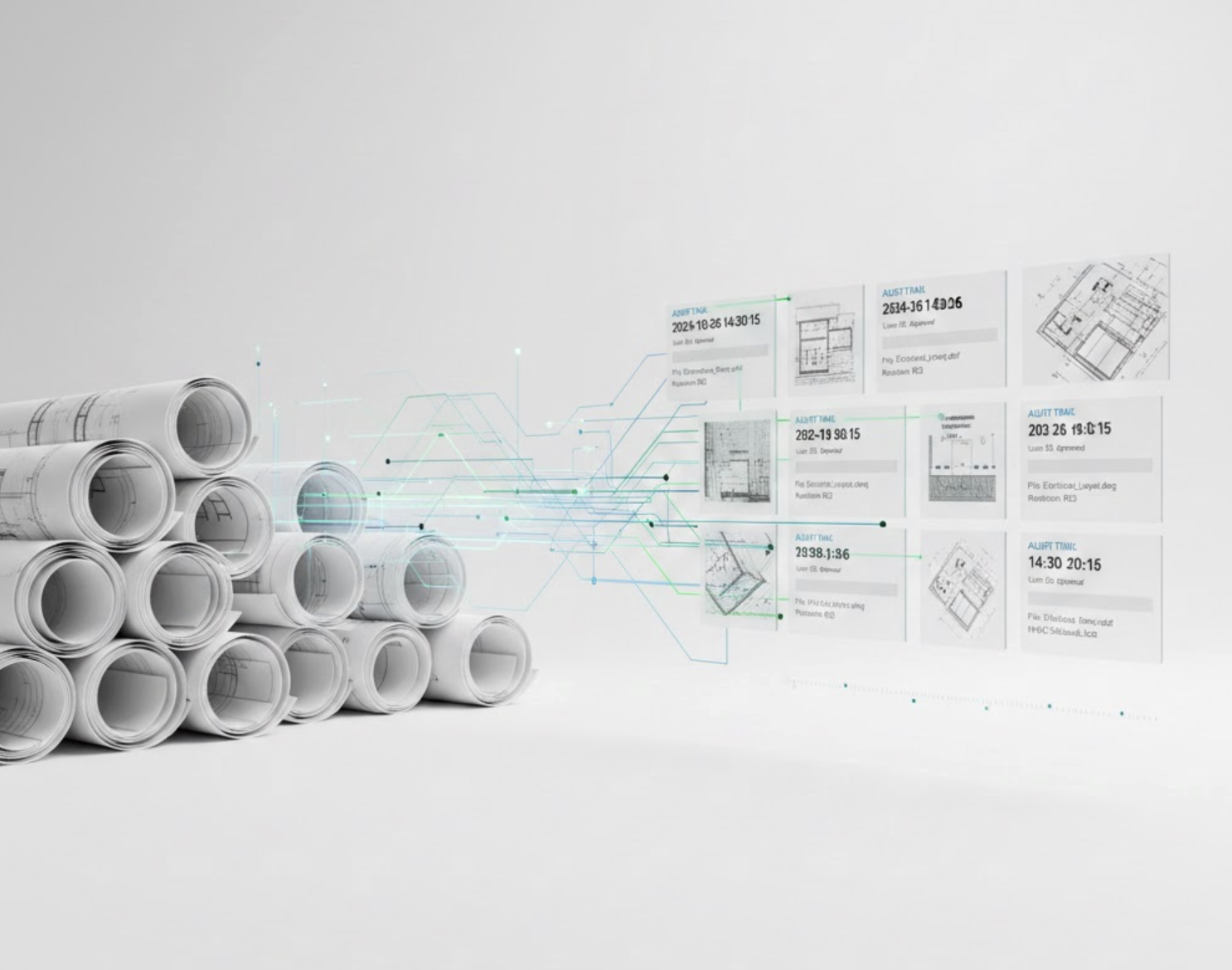Financial Risks Due to Late Subcontractor Onboarding
In the world of construction, the seamless integration of subcontractors is essential for maintaining project timelines and budgets. Late subcontractor onboarding can significantly impact the financial viability of construction projects. It is crucial to understand the financial risks involved and to implement effective strategies to mitigate those risks.
Key Financial Risks
Late subcontractor onboarding can lead to several significant financial risks in construction projects:
- Subcontractor Default or Insolvency:
Delaying the onboarding of subcontractors increases the likelihood of these subcontractors facing financial difficulties. When subcontractors experience cash flow issues, they may default or declare insolvency. This can result in costly project interruptions and substantial financial losses for general contractors, which can directly affect project profitability. - Safety Incidents and Liabilities:
An inefficient onboarding process can divert safety personnel from their core duties, leading to increased risks of workplace accidents. These incidents can lead to financial liabilities such as medical expenses, legal costs, and potential lawsuits, all of which can further strain project budgets and potentially lead to heavy regulatory fines. - Data Security Risks:
Poorly managed onboarding processes, especially those involving inadequate systems for managing paperwork and sensitive information, can expose contractors to data security risks. Data breaches not only lead to operational inefficiencies but also result in financial liabilities related to data recovery and legal compliance. - Project Delays and Inefficiencies:
Late onboarding can result in project delays, leading to increased costs due to extended timelines, potential penalties for late completion, and the requirement for additional resources to catch up on the project schedule, which can reduce overall profitability.
Hidden Risks in the Supply Chain
Aside from direct financial risks, late subcontractor onboarding can reveal hidden risks in the supply chain that may not have been initially apparent:
- Lack of Visibility and Compliance:
Many companies limit their vetting to prime contractors and suppliers, leaving subcontractors unchecked. This oversight can result in hidden risks, including safety incidents, workforce issues, financial instability, quality concerns, and vulnerabilities to cyber threats. A comprehensive approach to onboarding ensures that all subcontractors meet the necessary quality and safety standards. - Reputational Damage and Business Disruptions:
Incidents involving subcontractors can lead to severe consequences, including reputational damage that can impact future contracts, project delays, and dissatisfaction among customers, employees, and investors. Addressing these issues proactively is crucial for long-term success.
Mitigation Strategies
To mitigate the financial risks associated with late subcontractor onboarding, construction companies can implement several key strategies:
- Utilize Comprehensive Construction Management Software:
Implementing robust construction project management software like Zepth can streamline the onboarding process, reducing the risk of subcontractor default and enhancing safety and data security. Zepth empowers project managers with tools for effective construction document management and seamless integration of subcontractors into the project. - Vet and Monitor Subcontractors:
Thoroughly vetting subcontractors and consistently monitoring their financial health is essential. By developing strong relationships and establishing clear payment schedules, general contractors can mitigate financial risks and ensure a steady workflow within their projects. - Efficient Onboarding Processes:
A well-managed onboarding process is pivotal in preventing project delays and inefficiencies. This includes proper safety training, documentation, and integration of new workers into the project without diverting critical safety personnel from their duties. Ensuring that subcontractors are fully briefed on project expectations and standards before they start helps maintain progress.
How Zepth Can Help
Zepth offers a range of innovative solutions to help construction companies effectively manage subcontractor onboarding and mitigate associated financial risks:
- Streamlined Onboarding:
With Zepth, users can automate and streamline the subcontractor onboarding process, significantly reducing the likelihood of delays and financial risks. This automation also enhances efficiency by ensuring that all necessary documentation is completed and submitted promptly. - Enhanced Safety and Compliance:
Zepth’s platform ensures that safety protocols are communicated effectively during the onboarding process. This minimizes the risk of safety incidents and associated liabilities, creating a safer work environment. - Data Security:
Zepth is designed to protect sensitive information and ensure operational efficiency, effectively mitigating data security risks related to subcontractor onboarding. By utilizing secure systems for document management, contractors can safeguard against data breaches.
By leveraging these strategies and powerful tools, construction companies can significantly reduce the financial risks associated with late subcontractor onboarding. Opting for effective solutions like Zepth not only streamlines processes but also enhances project management sustainability and efficiency.
For more information on how Zepth can help your construction projects, visit Zepth’s Construction Management Solutions.




